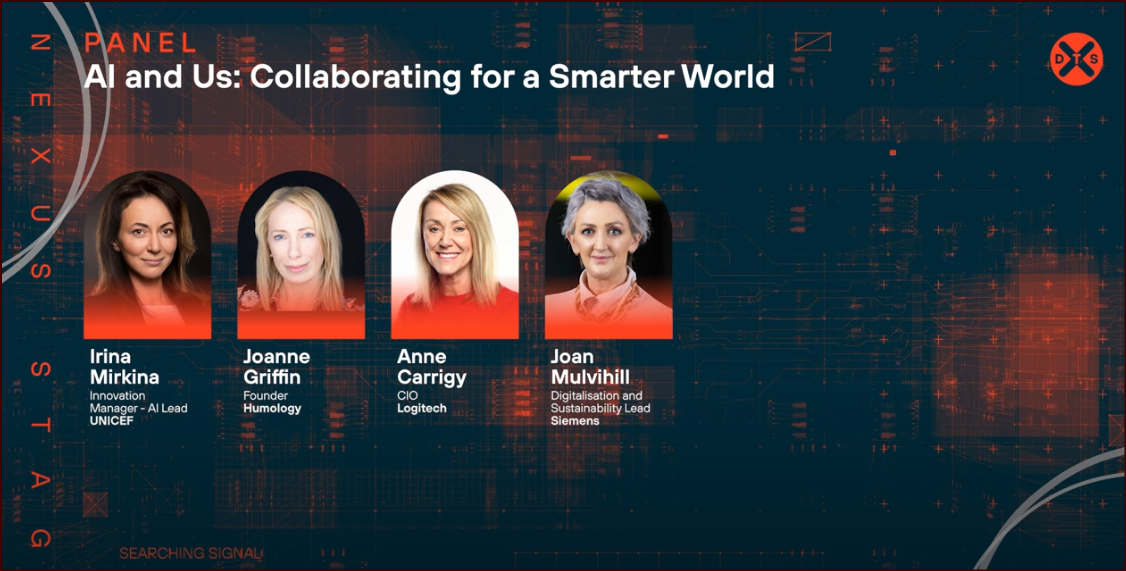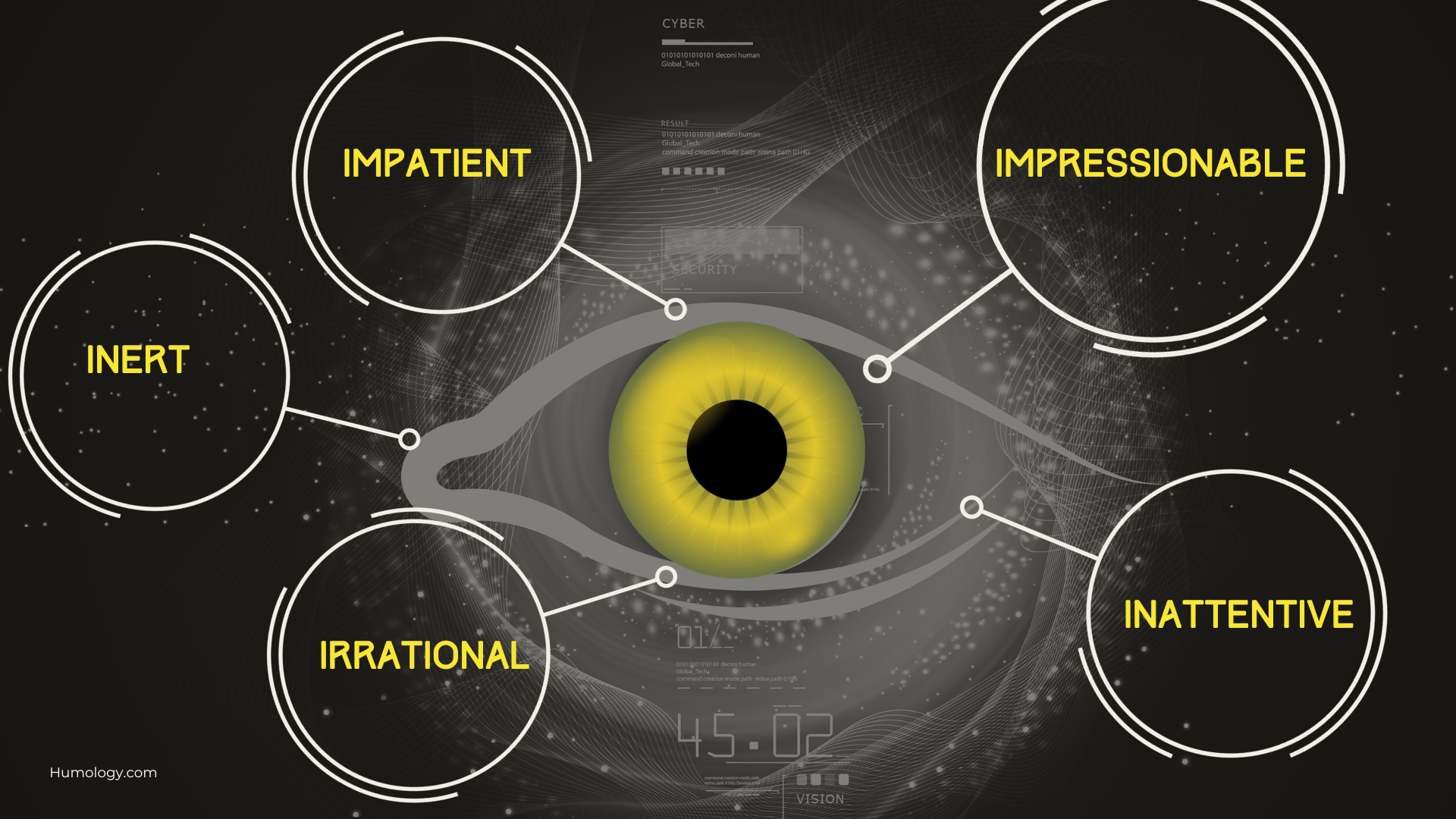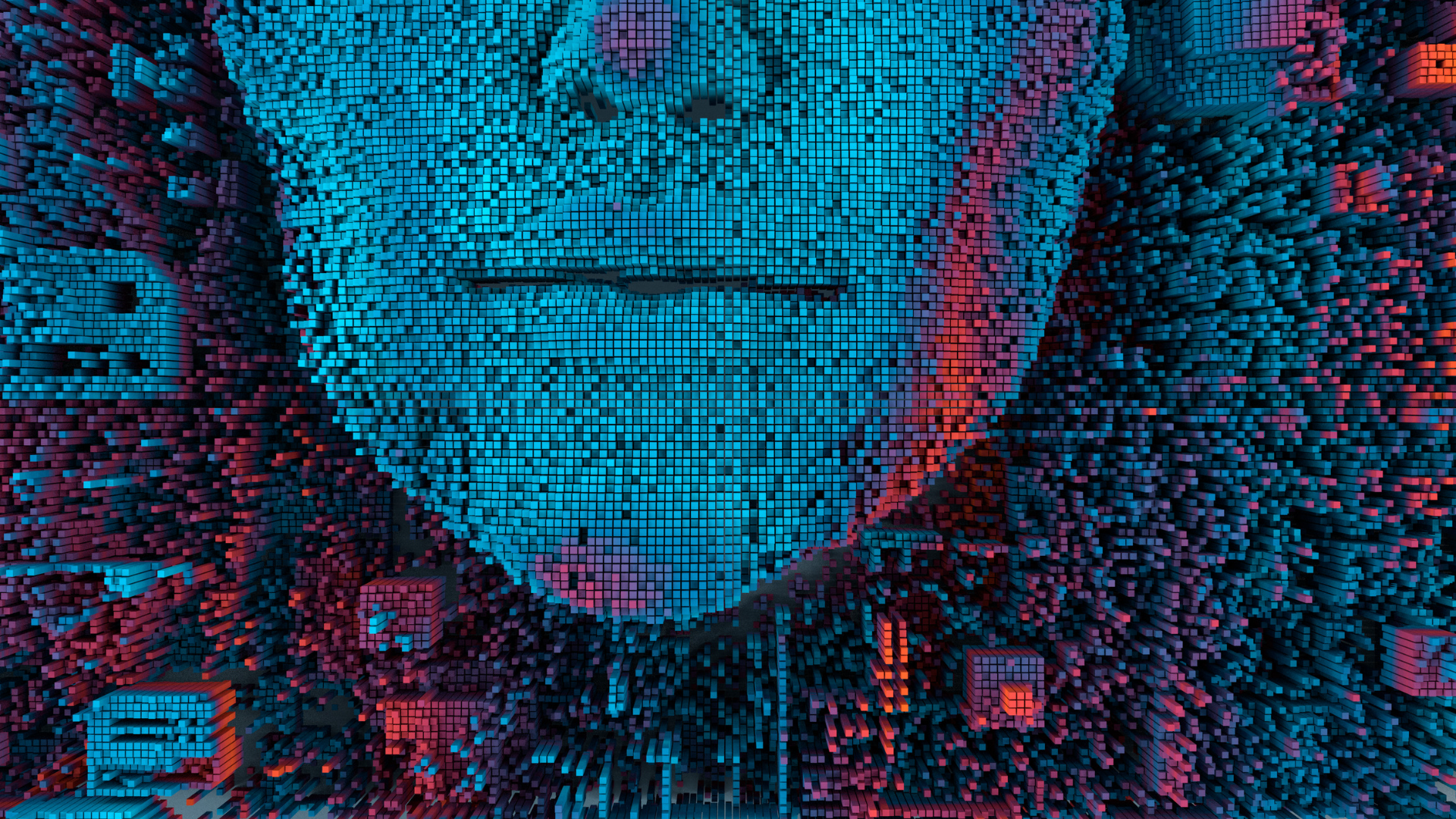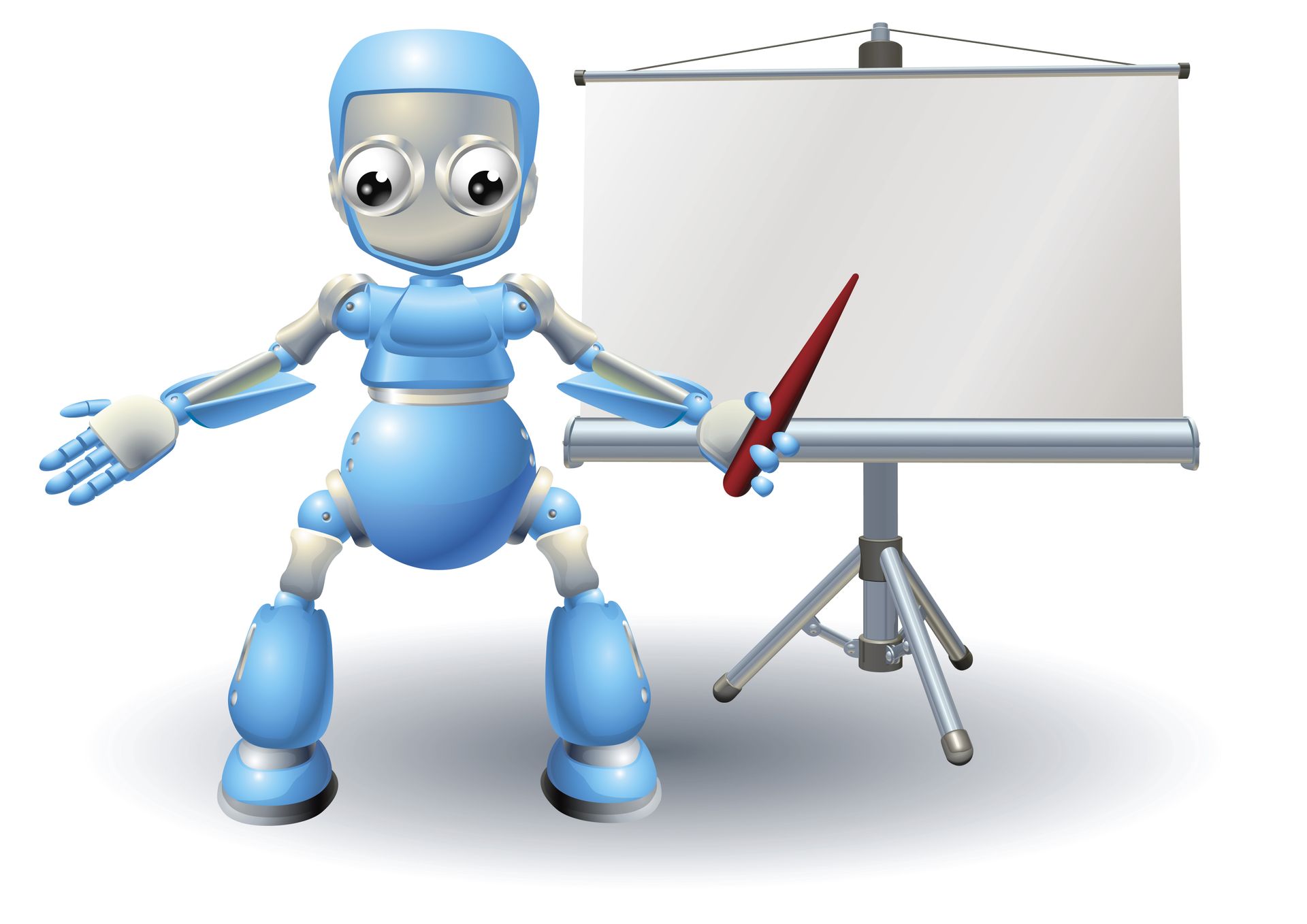Are We Losing Our Minds to Technology?
When was the last time you memorized a phone number? Or navigated to a new destination without relying on GPS? Can you even remember the last time you did mental math without instinctively reaching for your phone’s calculator? And let’s be honest, how often do you Google something you already know, just because it’s easier than thinking?
We’re all guilty of outsourcing aspects of our mental workload to technology. Alexa remembers the shopping list, Facebook tracks family birthdays, Apple handles our passwords, and Google? It remembers everything. This type of cognitive outsourcing acts like a clever workaround in a world swimming with information — a modern way to manage the overwhelm of the digital age.
In 1986, long before the internet became our collective second brain, the average person processed the equivalent of 40 newspapers’ worth of information each day. Fast forward to 2025, and the digital world is generating a staggering 463 exabytes of data daily — that’s about 212 million DVDs worth of data – Every. Single. Day. In a clever act of survival, we’ve learned to outsource our increasing cognitive load to stay afloat in an information deluge.
But is there a price to pay for this convenience? Every time we rely on our devices to handle tasks for us, we skip important mental exercises that keep our brain’s memory, focus, and problem-solving abilities sharp. Just like our physical muscles weaken and atrophy without use, so too do our cognitive functions when we stop actively engaging them.
This blog explores how cognitive offloading is quietly reshaping the architecture of our minds — and how leaning too heavily on artificial intelligence could push us further toward trading short-term convenience for long-term mental decline. If I’m still holding your attention — let’s take a deeper dive!
The Medium is the Message
Renowned media analyst Marshall McLuhan’s insights about media and technology are more relevant today than ever. He famously observed ‘We shape our tools, and then our tools shape us.’ It’s a profound observation about the symbiotic relationship between humans and the technologies we create. We build tools to extend our capabilities, but in turn, these tools influence how we think, act, and even perceive the world around us. It’s a feedback loop that’s empowering — but can be, at times, subtly disorienting.
McLuhan’s other iconic phrase, 'the medium is the message,' reveals a deeper insight into how technology shapes our world. He believed the tool itself — whether it’s the written word, television, or smartphones – had a far greater impact on us than the content it delivered. Often without us realising it, how we interact and use technology is shaping the way we think.
In what ways have our brains already adapted to the environment we live in? Our minds are in a constant state of reorganization, a process known as neuroplasticity. The more we use certain mental pathways, the more efficient they become, making us feel like productivity superheroes. However, when certain cognitive functions are neglected or underused, they can begin to atrophy, leading to a decline in mental sharpness. In simple terms: as we rely more on devices to handle basic tasks, we risk losing the cognitive abilities that made us adaptable and creative in the first place.
The Cognitive Toll of Tech
Before we invented writing around 3200 BC, humans relied on oral storytelling to spread information, and memory to store knowledge. When we switched to using symbols to record information, we no longer needed to remember everything. With a sense of foreboding, Socrates (in 370 BCE) warned that writing would lead to “forgetfulness in the learners’ souls” — an early warning of cognitive atrophy.
Fast forward to 17th century: Blaise Pascal invented the first mechanical calculator (the Pascaline) in 1642, motivated by his desire to help his tax collector father with tedious arithmetic tasks. This relativly innocuous invention meant we no longer needed to memorize multiplication tables or do complex arithmetic in our heads. While calculators made us all more efficient, they marked the beginning of delegating mental arithmetic to machines. As we became less reliant on mental math, our brains slowly lost the ability to retain and process numerical information. Think about it ~When was the last time you engaged in mental gymnastics to work out a currency conversion or a percentage?
In the 20th century, personal computers and spreadsheets revolutionized the business world, but they also increasingly detached us from basic cognitive processes like organizing data and performing calculations. By outsourcing these tasks, we didn’t just save time; we physically weakened the mental muscles that used to handle them.
The introduction of GPS systems in the 2000s marked another shift. Instead of memorizing routes and maps, we relied on GPS for directions. The spatial and navigational skills that we once developed through experience began to fade, and the hippocampus — the part of the brain responsible for memory and navigation — began to shrink.
Then came the smartphone! With a world of information just a tap away, we got used to instant gratification, searching for answers without thinking. Phones now manage our calendars, remind us of birthdays, and store our shopping lists. While these tools have made our lives easier, they also reduce the amount of mental engagement we once needed for these tasks. Over time, this constant convenience has contributed to the slow erosion of our cognitive abilities.
Now, as we stand on the edge of the AI revolution, is it time to reframe the question: instead of asking 'how might we use and shape technology' we should be asking 'how might technology use and shape us?'
As we start to offload more decision-making and problem-solving to AI, we risk compounding the cognitive atrophy we’ve experienced to date. AI can be a wonderful resource to generate ideas and solve problems, but by relying on it, are we dulling the very skills that make us creative in the first place.
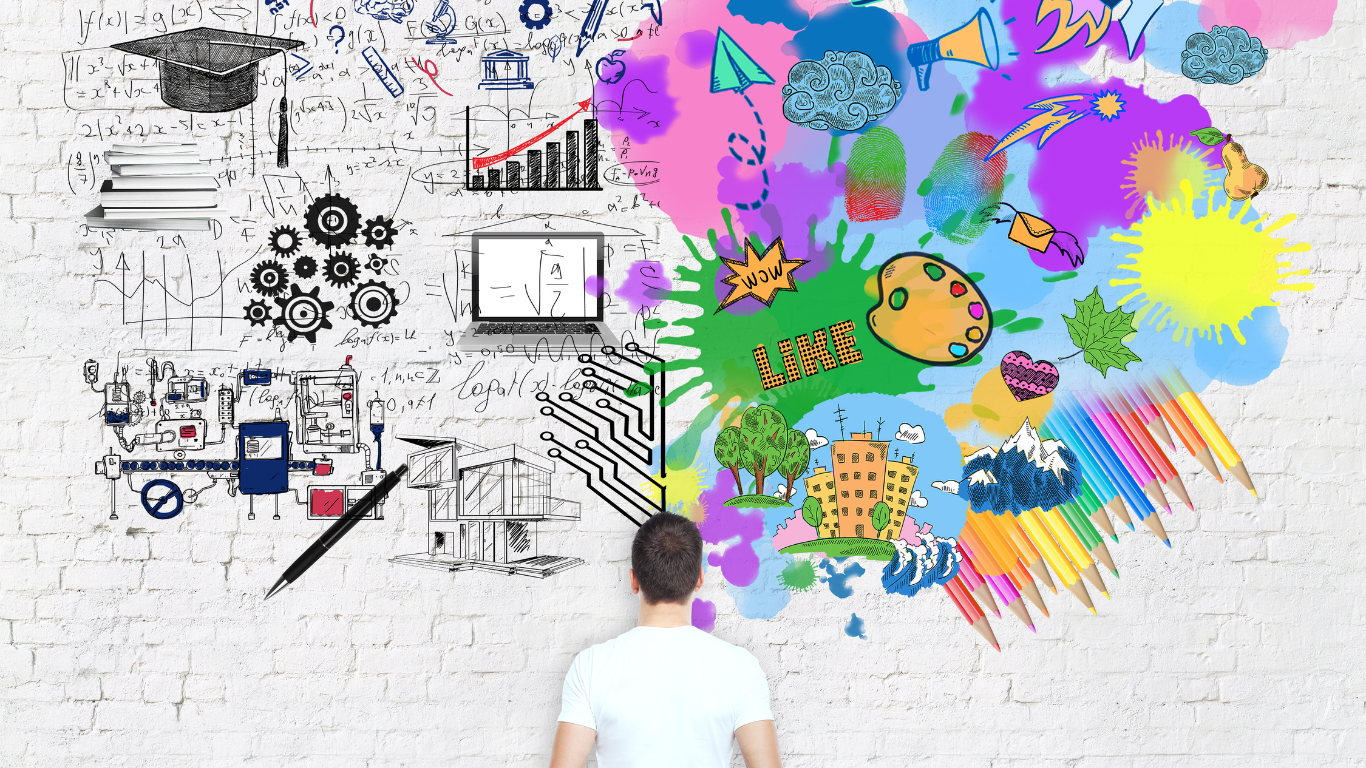
The Cost of AI Dependency: Creativity at Risk
Creativity doesn’t exist in a vacuum. It’s built on cognitive skills like working memory, critical thinking, and deep focus. It’s the mental exercise of connecting ideas, questioning assumptions, and immersing ourselves in problems to come up with novel solutions. But when we let AI handle these cognitive tasks — whether brainstorming, writing, or problem-solving — our brains lose the practice needed to maintain those essential skills.
As our mental effort diminishes, our brain’s neuroplasticity may downregulate creativity, critical thinking, and intuition. If we allow AI to do the thinking for us, we risk losing the ability to think for ourselves.
Outsourcing = Dependency
AI is now seen as an authority in many areas, simply because it can process vast amounts of information faster than we can. While sifting through data is incredibly helpful in a noisy world, it also creates dependency. The more we rely on AI, the less we have to try or engage our critical thinking skills. The more we depend on AI, the more we begin to trust it has all the answers. We assume AI’s answers are correct, without questioning them — and this erodes our intellectual autonomy.
By skipping the active engagement of problem-solving, we lose the ability to innovate beyond AI’s outputs. Instead of using AI to help us solve problems, we start accepting its suggestions as final, which leads to passivity rather than creativity.
The Myth of “Freeing Up Time”
One of AI’s big promises is freeing up time by handling repetitive tasks. The idea is that this “extra” time can be spent on more valuable work. However, in reality, we have defaulted to easier, more passive activities — like scrolling social media or binge-watching TV.
What’s more, the absence of mundane tasks could rob us of the quiet mental incubation time where creative ideas bubble up. Often, our best ideas don’t come from focused work — they come from moments when our minds are free to wander. AI’s promise of efficiency risks taking away these moments of creative exploration.
Relying on AI to handle cognitive tasks is not inherently bad. However, as AI takes over from Google as our external hard drive, our brains no longer practice holding and manipulating information, which erodes our working memory.
AI is also algorithmic by design — it works by producing outcomes based on predictive patterns. It offers enormous opportunity and efficiency, but it can also narrow our thinking. The more we rely on algorithmic technologies, the more we start thinking in predictable patterns, rather than pushing boundaries and exploring uncharted ideas.
Are we sleep walking into a predictable future that overlooks the quirks and serendipity that lie at the source of true creativity? Creativity and human intuition are deeply intertwined, with intuition guiding our creative process and creativity giving form to our intuitive insights — together, they spark that sense of magic where ideas flow effortlessly and new possibilities emerge from the unseen. Intuition is rooted in the complexities of human experience — shaped by emotions, subconscious patterns, and the vast web of memories that inform our decisions. AI, on the other hand, relies on data and algorithms to make predictions, lacking the rich, experiential understanding that fuels human intuition. While AI can mimic patterns and make calculations, it can’t replicate the deep, subjective feeling of knowing something without logical reasoning — a hallmark of human intuition.
Protecting What Makes Us Human
In a world where convenience often takes the lead, there are simple steps we can take to preserve our creative potential. First, celebrate the struggle — reframe effort as a chance to grow and push beyond AI-generated ideas by questioning and refining them. Create “effort rituals” that focus on manual problem-solving, like journaling, sketching, or brainstorming without digital tools.
Remember, long-term gains come from resisting the easy path, so use challenges to build resilience and skill. Foster curiosity by dedicating time to exploration driven by your own interests, not just algorithms.
Finally, treat AI as a partner, not a master — let it spark ideas, but always challenge yourself to take them further.
As we move into the AI era, we have a rare opportunity to rewrite the rules and ensure that technology serves humanity, rather than the other way around. AI is a powerful tool — but like any tool, its value depends on how we use it. If we treat it as a partner in creativity, we can reach new heights. But if we rely on it too much, we risk losing the very essence of what makes us human: creativity, critical thinking, and independence.
The challenge is clear: to balance the convenience of AI with the need to engage our minds fully. Let’s not sacrifice the cognitive muscles that define our humanity. Instead, let’s use AI to amplify what’s uniquely human and protect the core abilities that will guide us through the digital age.

